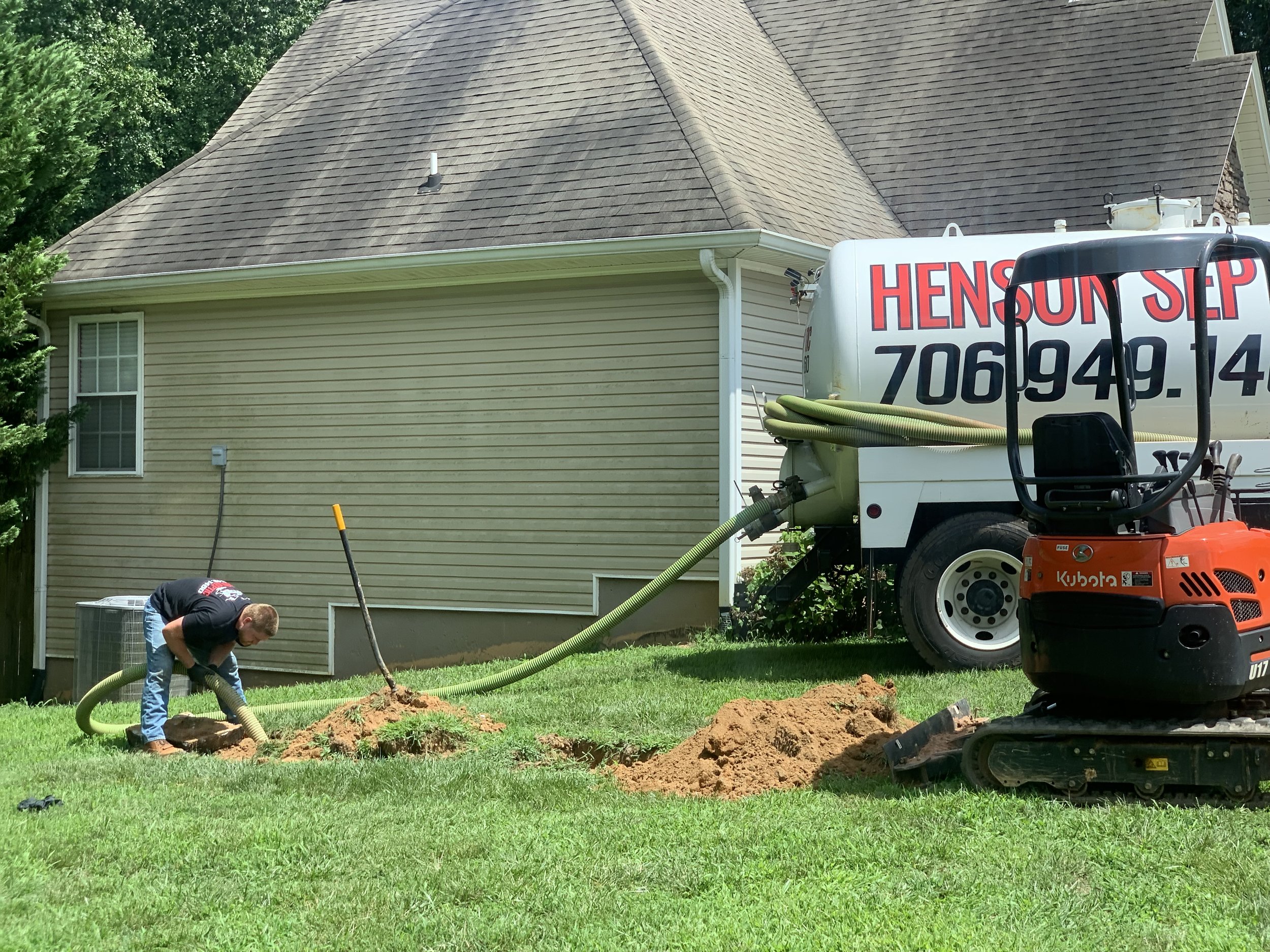The Impact of Drano, Bleach, and Other Chemicals on Septic Systems
Maintaining a septic system can be a bit of a balancing act, particularly when it comes to what you put down your drains. Common household products like Drano, bleach, and other chemicals can seem like quick fixes for clogged pipes or tough cleaning jobs, but they may pose significant risks to the health and efficiency of your septic system.
How Septic Systems Work
To understand why certain chemicals can be harmful, it's essential to grasp the basic workings of a septic system. A septic system relies on a delicate balance of beneficial bacteria to break down and treat the waste that enters it. These bacteria digest organic matter, reducing solids and preventing clogs. The treated wastewater then safely filters through the soil.
The Problem with Drano and Similar Drain Cleaners
Drano and other commercial drain cleaners are designed to dissolve clogs caused by hair, soap scum, and grease. While effective, they contain highly caustic chemicals like sodium hydroxide or sulfuric acid. These substances can:
Kill Beneficial Bacteria: The harsh chemicals in drain cleaners can eliminate the beneficial bacteria in your septic tank. This disruption hampers the system's ability to break down waste, leading to potential backups and a less efficient septic process.
Corrode Pipes and Tanks: Over time, the strong chemicals can corrode your plumbing and the components of your septic system, causing leaks and structural damage.
Environmental Impact: These chemicals don't just disappear; they can leach into the soil and groundwater, posing environmental risks and potentially contaminating local water supplies.
Bleach and Household Cleaners
Bleach is another common household chemical that can negatively impact your septic system. Though a small amount used occasionally may not cause significant harm, regular or excessive use can:
Destroy Bacteria: Similar to drain cleaners, bleach is a disinfectant that can kill the bacteria essential for waste breakdown in your septic tank.
Slow Down Waste Breakdown: With fewer bacteria, the process of breaking down solid waste slows, leading to a buildup of solids and the risk of clogs and overflows.
Toxic Residue: Residual bleach can enter the soil, potentially affecting plant life and soil health around your septic system.
Safer Alternatives
To protect your septic system, consider these safer alternatives:
1. Natural Enzyme Cleaners: Enzyme-based cleaners can break down organic matter without harming your septic system's bacteria.
2. Mechanical Methods: Use a plunger or a plumbing snake to clear clogs manually.
3. Vinegar and Baking Soda: This combination can effectively clean drains and pipes without the harsh effects of chemical cleaners.
4. Septic-Safe Products: Look for cleaning products labeled as safe for septic systems, which are formulated to be less disruptive to the bacterial balance.
Best Practices for Septic System Maintenance
Regular Pumping: Have your septic tank pumped every 3-5 years to remove accumulated solids.
Mindful Disposal: Avoid flushing non-biodegradable items, fats, oils, and grease down the drain.
Water Conservation: Reduce water usage to prevent overloading the system.
Professional Inspections: Periodic inspections by a septic professional can catch issues early and keep your system running smoothly.
By being mindful of what you pour down your drains and choosing septic-safe alternatives, you can protect your septic system from damage, ensure its efficiency, and prolong its lifespan. Your septic system is a critical part of your home's infrastructure, and with proper care, it can serve you well for many years.

